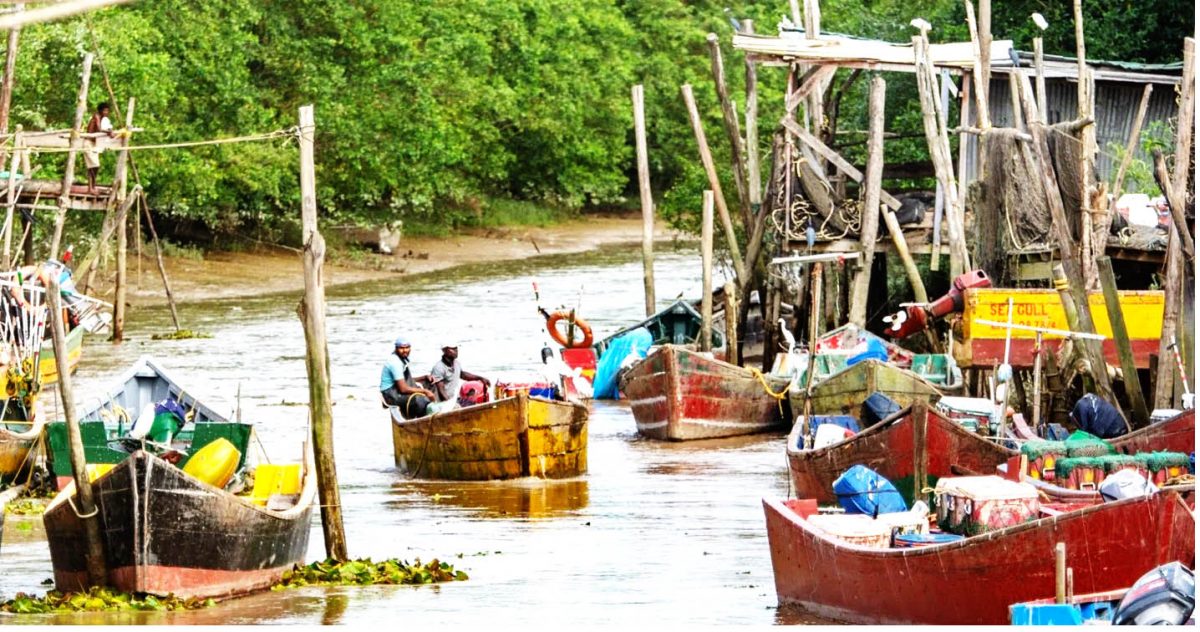Fishing groups from Guyana and Suriname are currently engaged in an assessment of seabob stocks which among other things aims to improve sustainable fishing practices.
To this end, a technical working group of the Caribbean Regional Fisheries Mechanism (CRFM) – the Continental Shelf Fisheries Working Group (CSWG) – is collaborating with the global value chain development programme – FISH4ACP, private sector processors, and the Seabob Working Groups of Guyana and Suriname, to convene a joint stock assessment workshop in Guyana from 11-15 March, a CRFM release stated on Tuesday.
FISH4ACP is a five-year fish value chain development programme, spanning 2020 to 2025. It is being implemented by the Food and Agriculture Organization of the United Nations (FAO) with funding from the European Union and the German Federal Ministry for Economic Cooperation and Development.
It explained that the assessment of the seabob, a short-lived shallow water shrimp found in the Western Central Atlantic, will cover the stocks of Guyana and Suriname, situated in the North Brazilian Shelf Large Marine Ecosystem. As such, the assessment will review and validate the most recent scientific evaluations of the Atlantic seabob fisheries of Suriname and Guyana, after which, the results will be shared with industrial and artisanal fishery stakeholders from Guyana and Suriname for their input during the last two days of the workshop, on 14-15 March.
Further, during the workshop, regional and international technical experts will propose harvest control rules (HCRs) and related fisheries management plans, taking into account compliance with Marine Stewardship Council (MSC) certification requirements. The seabob fisheries in both Guyana and Suriname are MSC certified; Suriname’s fishery was first certified in 2011 and Guyana’s fishery in 2019.
According to the release, the Seabob Working Groups of Guyana and Suriname which are made up of representatives from the respective Fisheries Departments, the industrial and artisanal seabob sectors, and the World Wildlife Fund (WWF), will subsequently lead the implementation of the outcomes and recommendations from the meeting.
The CRFM CSWG says it aims to promote the sustainable utilisation of continental shelf resources and associated ecosystems through the review and analysis of fisheries and related data, to inform management strategies, consistent with the ecosystem, precautionary and participatory approaches to fisheries management, the release added.






